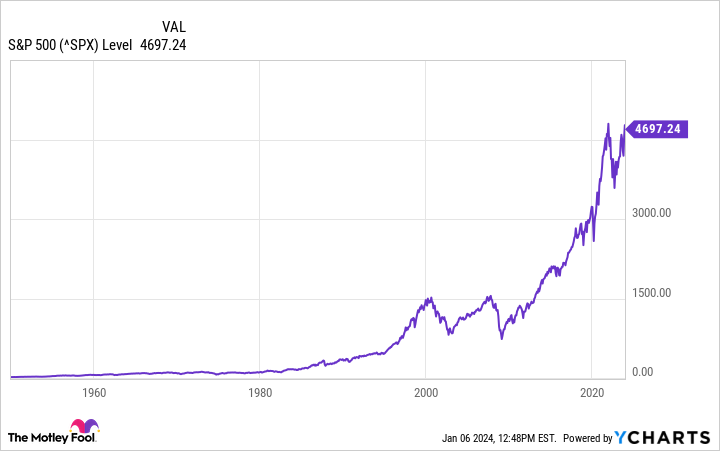You might have heard about hedge funds. These are the elite clubs of Wall Street. Investors, often highly wealthy, combine their money, and a hedge fund manager tries to beat the market with it.
These are “the suits,” the billionaire managers who aggressively trade or short stocks, using any edge they can find. Examples of these wealthy fund managers include names like Bill Ackman and David Tepper.
But did you know that you can beat the pros?
The craziest part is that you can outperform the average hedge fund, working less than they do.
Here is how.
Beating the market is hard
Every hedge fund’s goal is to generate market-beating returns for its clients. Fund managers are often paid based on how their fund performs. However, the nature of the business forces most hedge funds to focus on the short term, which is much more challenging because the stock market can be pretty darn irrational.
That doesn’t stop people from trying. According to Mordor Intelligence, over 3,400 active hedge funds exist in the U.S. Occasionally, a fund manager can become famous for a colossal trade or a stretch where their investment strategy excels. But generally speaking, it’s hard, even for the best-paid professionals, to outrun the S&P 500 (SNPINDEX: ^GSPC) over time.
Data from an article by The American Enterprise Institute charted the average hedge fund’s performance from 2011 to 2020. Over that stretch, the typical hedge fund underperformed the S&P 500 every single year. Again, there will be an occasional manager who outperforms, but rarely does it last long.
Famous investor Warren Buffett even won a bet once. He wagered that an index fund tracking the S&P 500 would outperform a basket of hedge funds over a decade. The S&P 500 (and Buffett) won that bet decisively.
Why is the S&P 500 so good?
Understanding how the S&P 500 works will help illustrate its effectiveness. It’s an index by Standard & Poor’s that holds 500 of America’s best corporations. A committee oversees the index and determines whether companies are taken in or out. The collective market cap of the member stocks determines its weightings.
The point here is that the index evolves. Performing stocks steadily contribute more to the index, and the committee ensures it holds only the best companies.
Ultimately, the S&P 500 reflects the best the U.S. economy offers. Even the index can have a bad year, but historically, the S&P 500 has continually risen over time through recessions, wars, and catastrophes. Its annual average return is about 10% historically.
How you can invest in the S&P 500
For such a remarkable wealth-building machine, using it for yourself is straightforward. There are a handful of index funds that mimic the S&P 500. Some popular examples include the SPDR S&P 500 ETF Trust and Vanguard S&P 500 ETF. These funds also cost very little to buy and hold. Their expense ratios are both just 0.09% and 0.03%, respectively.
You can set up an investment account and automate regular purchases of these funds, slowly but surely building a position. Given the U.S. stock market’s historical resiliency, you can feel pretty good that you will have much more money in the future because of the S&P 500.
It doesn’t take a billionaire hedge fund manager to make you wealthy.
Should you invest $1,000 in S&P 500 Index right now?
Before you buy stock in S&P 500 Index, consider this:
The Motley Fool Stock Advisor analyst team just identified what they believe are the 10 best stocks for investors to buy now… and S&P 500 Index wasn’t one of them. The 10 stocks that made the cut could produce monster returns in the coming years.
Stock Advisor provides investors with an easy-to-follow blueprint for success, including guidance on building a portfolio, regular updates from analysts, and two new stock picks each month. The Stock Advisor service has more than tripled the return of S&P 500 since 2002*.
*Stock Advisor returns as of December 18, 2023
Justin Pope has no position in any of the stocks mentioned. The Motley Fool has positions in and recommends S&P Global and Vanguard S&P 500 ETF. The Motley Fool has a disclosure policy.
You Can Shred the Average Hedge Fund by Doing Basically Nothing. Here’s How. was originally published by The Motley Fool


